In Granada, leaders addressed key issues for the future of the EU, including the strategic agenda, enlargement and migration.
Highlighting achievements to date, EU leaders discussed long-term priorities with regard to enhancing the EU’s strategic autonomy. They adopted the Granada declaration, in which they outlined key priorities and actions to make Europe a strong, dynamic and competitive power. The President of the European Council adopted a declaration on migration.
Discussions on the EU’s future priorities will continue in the coming months, ahead of the adoption of the strategic agenda in June 2024. This is a policy plan to be defined and agreed by EU leaders, providing the EU with general political guidelines and direction.
The informal European Council meeting took place following the third meeting of the European Political Community.
A strong and resilient EU
In recent years, the EU has faced several crises from which it has emerged stronger and more united. From the global COVID-19 pandemic and its socio-economic fallout to Russia’s war of aggression against Ukraine, the EU has taken decisive action that has strengthened its strategic capabilities while also protecting its citizens and economies.
Drawing on its past work, the previous strategic agenda and guidance from the informal meeting in Versailles in March, the EU has made progress on enhancing its strategic autonomy while fully supporting Ukraine.
Security and defence
Building on the Strategic Compass for security and defence, an initiative that outlines a common understanding of key threats and challenges to Europe in the short and medium term, EU leaders committed to strengthening the EU’s defence readiness and further developing its technological and industrial base.
To this end, they will focus on:
- military mobility
- resilience in space
- countering cyber and hybrid threats
- countering foreign information manipulation
Competitiveness and the EU single market
EU leaders are committed to strengthening the EU’s resilience and long-term competitiveness and to making the EU’s single market more cohesive, innovation-driven and interconnected.
At the informal meeting, they committed to maintaining their efforts and focusing on areas such as:
- crisis preparedness
- the green and digital transitions
- energy and resource efficiency
- adaptation to climate change
- critical medicines and raw materials
Multilateralism and global partnerships
The EU is committed to a rules-based international order with the United Nations at its core, and to bringing more fairness to the multilateral system. To this end, EU leaders underlined the importance of fostering global partnerships and trade, and of enhancing cooperation on:
- diversification of supply chains
- trade and investment agreements
- sustainable development needs
- health emergency preparedness
Enlargement and absorption capacity
EU leaders discussed the prospect of an enlarged EU and stressed that both the EU and future members need to be ready.
As EU accession is a merit-based process, the leaders underlined that the aspiring members need to step up their reform efforts, notably in the area of the rule of law. In parallel, the EU needs to lay the necessary internal groundwork and carry out reforms.
Migration
EU leaders discussed migration. The President of the European Council, Charles Michel, stressed in a declaration that irregular migration needs to be addressed immediately in a resolute manner.
To pursue a comprehensive approach to migration, in compliance with international law and EU principles and values, he called for a focus on:
- increased external action
- effective protection of EU external borders
- partnerships with countries of origin and transit
- addressing root causes of migration
- opportunities for legal migration
The EU is further committed to fighting organised crime, human trafficking and smuggling, as well as the instrumentalisation of migration as a hybrid threat.
More information: European Council

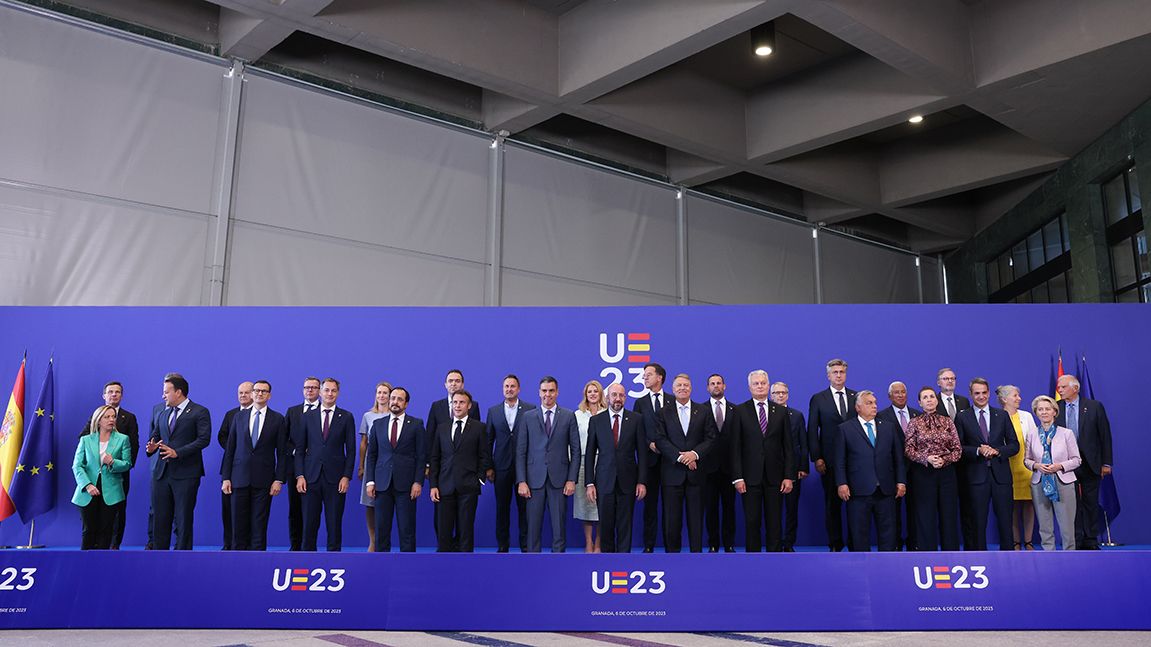
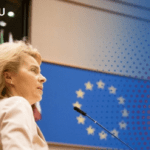

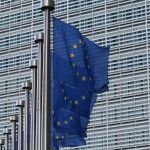
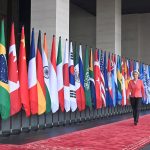
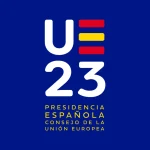
Leave a Reply